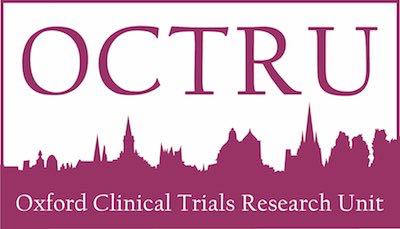BACKGROUND
Coronavirus-induced disease 2019 (COVID-19) is an infection caused by a virus whose full name is severe acute respiratory syndrome coronavirus 2 (SARS-CoV-2). This is a new and rapidly-spreading infectious disease. Those people that come into contact with the virus can have symptoms such as a mild fatigue, fever, loss of taste and a persistent cough, which can develop into severe respiratory failure requiring hospitalisation and mechanical ventilation.
For those where the symptoms worsen this typically occurs 1 to 2 weeks into coming in contact with the virus. This provides a window of opportunity to potentially treat those patients who present with symptoms before becoming seriously ill to take a drug that might not result in them developing the severe symptoms.
The ATOMIC2 study is investigating if a common antibiotic called Azithromycin (AZM) may prevent the patients from getting worse. Azithromycin is a safe, inexpensive, antibiotic that is available worldwide and is often prescribed by doctors across the world and it has been proved to have a wide range of antibacterial, anti-inflammatory and antiviral properties. Doctors think that Azithromycin, due to how it works, may be able to control excessive inflammation in the lung alongside its anti-viral and antibacterial effects which could help prevent progression to the severe form of the COVID-19 disease where people end up needing hospital care.
Our CI Dr Timothy Hinks gives a brief introduction to ATOMIC2.
We have also created a pictorial video summary of ATOMIC2 - watch below!



